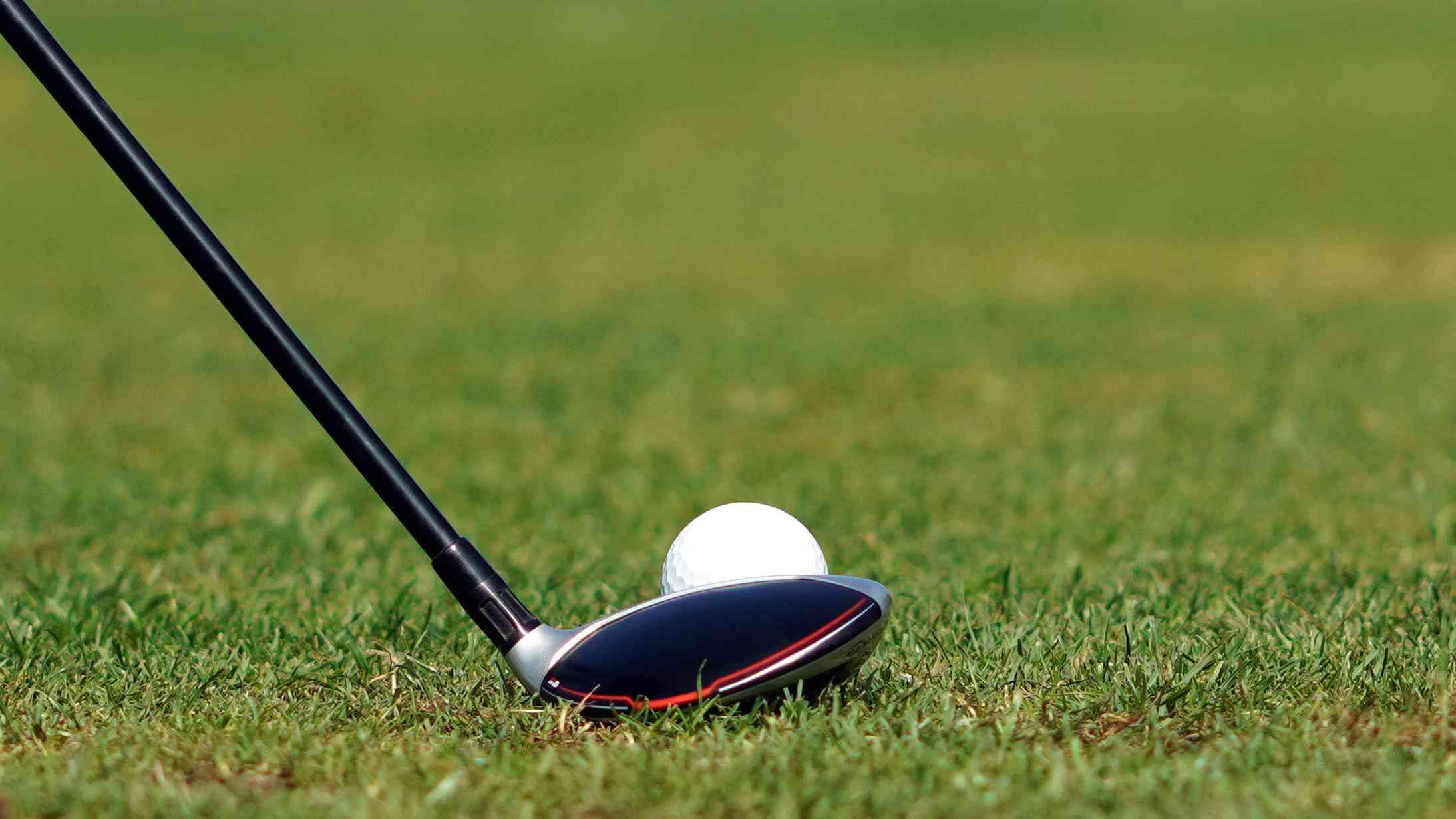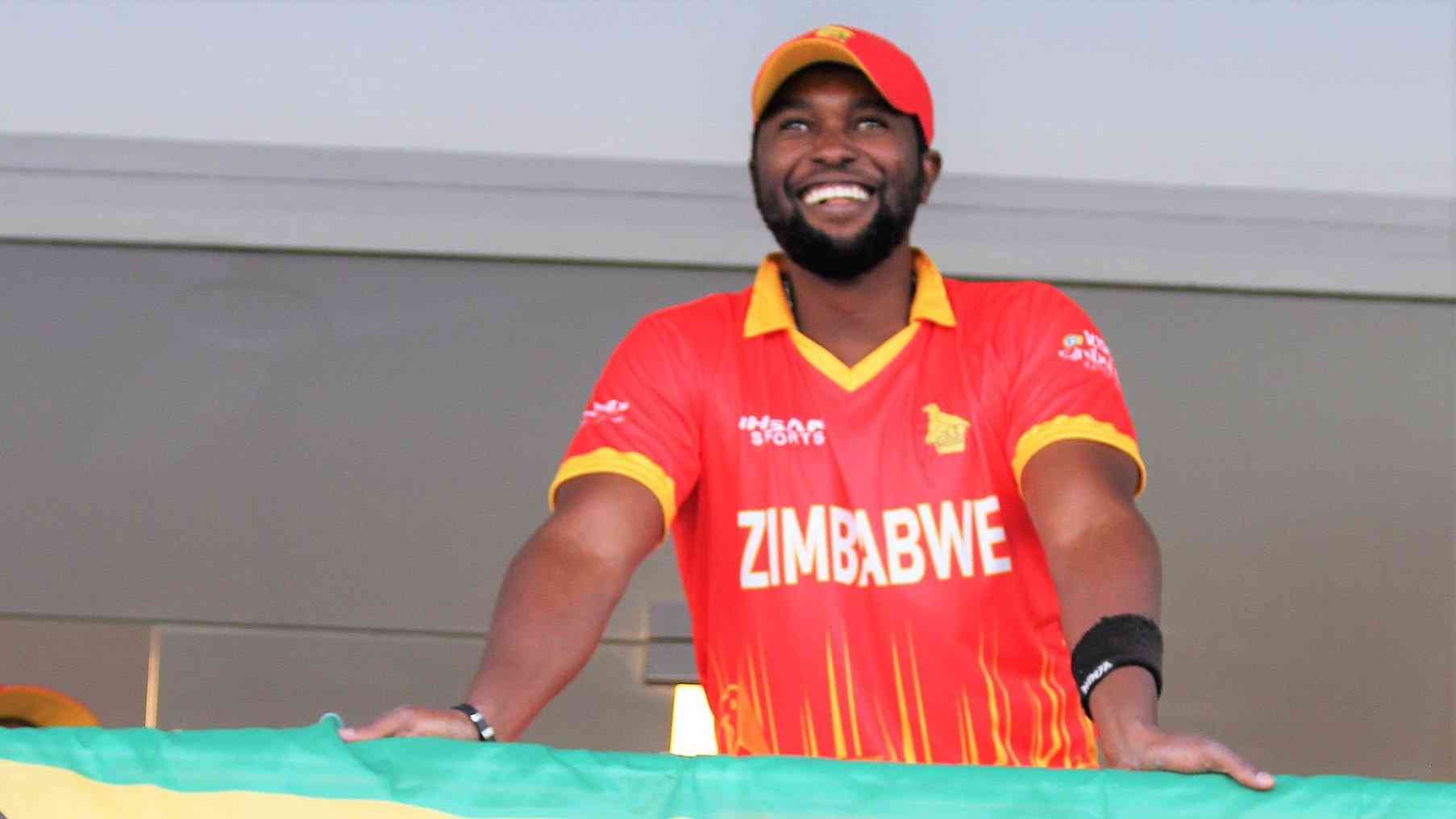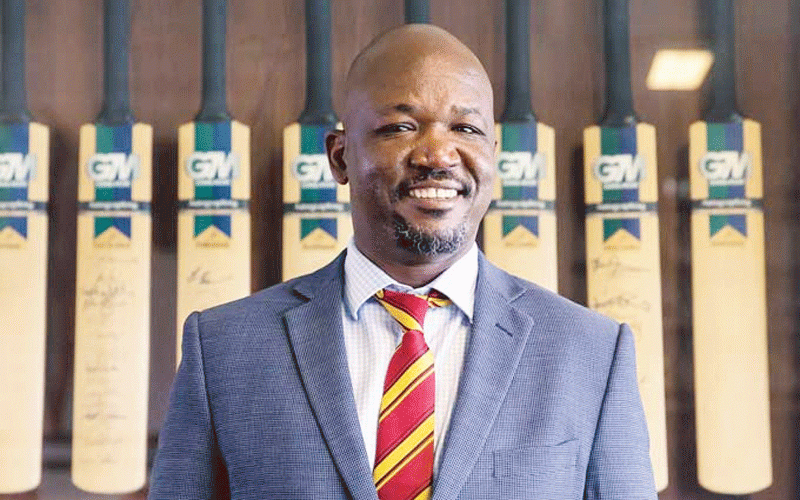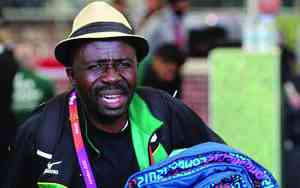
Golf is a great leveller; it is a game that experts and hackers can play together, on a level playing field with an equal chance of winning, all because it is one of the few sports which uses a handicap system. Generally, the golf handicap is practised by weaker players being ‘given’ a number of shots per round which they can take off their score, based on an average of their recent scores.
In one family game of golf, the father (a gifted golfer) gave his sons a certain number of shots, as per the standard method, but then declared that he would take one ‘Woof’ — which he explained to his bemused sons as being given the right to say ‘Woof’ as loud as he liked once during the round. So now the two sons were expecting the father to shout ‘Woof’ in the middle of their back swing and as a result they lost concentration, to such an extent that they fluffed their shots. It would not be found in the Royal and Ancient Rules of Golf but it proved to be highly effective psychology!
Of course, golf is not alone in having a handicap system. There are obvious examples of other sports using handicapping at various levels and these include ten-pin bowling, horse racing, polo, and track and field. In some Veterans’ hockey tournaments, the total age of the team must add up to a minimum of 400 years (or more), with the youngest being 35 — this might mean that a team might play a number of players aged 35, who will be fitter, along with some over 60.
However, other sports like cricket, rugby, soccer, hockey do not use handicaps. Some might argue that having a player sent off in soccer or rugby is a form of handicap but that is not on account of being better, just of being more brutal. Perhaps better batters in cricket should have to play one-handed; perhaps better bowlers need to bowl from further back or with no run up? Perhaps in soccer, better teams should start with a deficit score, like minus six, so that they have to score six goals before they can count their goals. In tennis, the better player should start every game love thirty or love forty. There are ways that handicaps could be used in sport.
The beauty and benefits of the handicap system are manifold and manifest. It makes the game a level playing field for all players. It ensures that everyone can compete fairly. It helps everyone have an equal chance of competing. It enables weaker players to participate alongside talented ones without being disadvantaged. It reduces elitism, for as the player improves, his handicap is reduced and he may not win the next time. It allows for less talented players to win against stronger athletes. It tracks progress. It stretches the better players to strive for improvement, when without the handicap system they could stroll round and win with no real effort. And if there was no handicap system, many players would not bother to compete as they would wonder what the point was when they had no chance of winning.
If a handicap system has such positive benefits (as any golfer will say), why do we not use such a system in our schools? We do use a handicap system in a few ways, most notably and obviously by using age groups — every pupil has some chance of representing the school (and thereby ‘winning’) because they are not all fighting for a place in the First team. However, there is no handicap system when it comes to colours, to Merits, to streaming, to homework (weak pupils usually are given the same number of questions to do as the strong ones), to sport, to co-ed events. In school fixtures where teams are much stronger, perhaps there will be more value if we give a weaker team a points advantage (25 or even 50 points) thus providing more incentive for them to stay ahead and stronger incentive to the better team to catch up.
What might the performances of our pupils be like if we did introduce more of a handicap set-up to level the playing field for pupils and schools? After all, how many pupils are left thinking: “What’s the point? I have no chance!” It is good for golf; it is good for horse-racing; it is good for Paralympics – maybe it would be good for schools! One golfer observed that “To some golfers, the greatest handicap is to add correctly” while someone else once said that “Real golfers have two handicaps: one for braggin’ and one for betting.” Be that as it may, handicaps can be very handy — we could raise our cap to that. Did someone say ‘Woof’? No, we are not barking up the wrong tree.
- Feature : “New flights a sign of tourism recovery”
- Beware of corporate psychopaths in leadership positions
- Chegutu residents seek ED intervention
- Mutare man nabbed for smuggling











